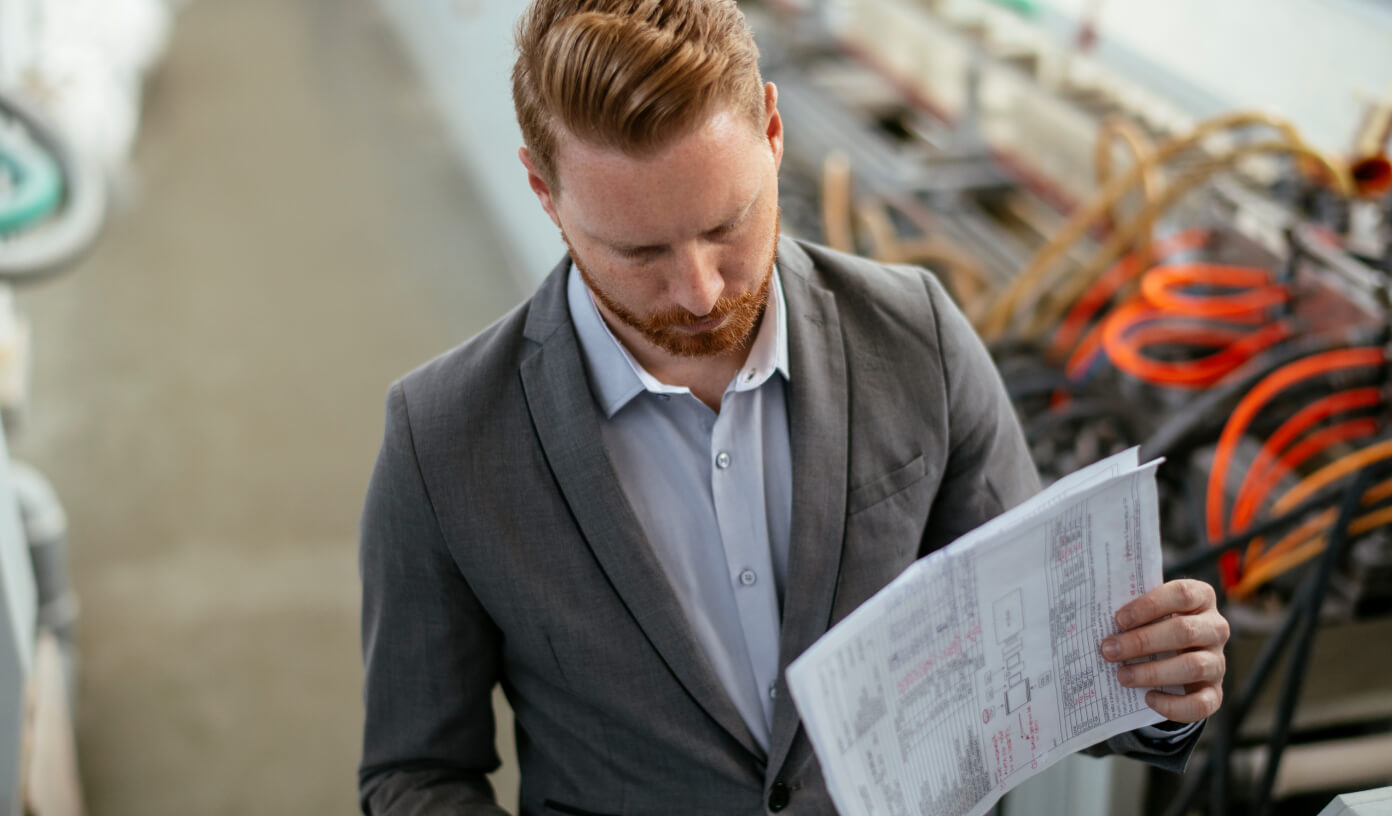 Фото: Boris Jovanovic / iStock
Фото: Boris Jovanovic / iStock
The decision to withdraw some inspections in the current situation seems very wise. During a crisis, the dynamics of change are such that it is impossible to objectively control everything that happens. The wisdom is to let the situation go a bit, to give companies more flexibility and malleability. Life shows that market instruments usually compensate well for the reduction of “regulation” for a reasonable period.
But everything has inertia: if organisations have been operating under the supervision of regulators for a long time, things are unlikely to deteriorate overnight if supervision is paused. Usually one to three years is the period when things can function relatively well based on the laws of inertia. But after this period, it is advisable to return supervision smoothly.
Monitoring is becoming smarter across the board. Risk assessment is actively applied, and supervision is naturally minimised where the community is beginning to demonstrate a high level of quality and safety.
For our part, we have seen a significant improvement in the culture of companies. What in the 2000s needed to be intensively checked and inspected by external bodies has now, in many large holdings, become a matter for the board of directors and management. High levels of quality and safety are linked to financial and non-financial incentive systems, making it more difficult for managers and employees to do their jobs properly. After all, their income and careers depend on it.
All this is the contribution of modern management systems, which link the required level of quality and safety to company performance and objectives and the behavioural attitudes of managers and performers. So inspections are necessary, but they must be “smart” inspections.
Фото на обложке: Boris Jovanovic / iStock








Comments